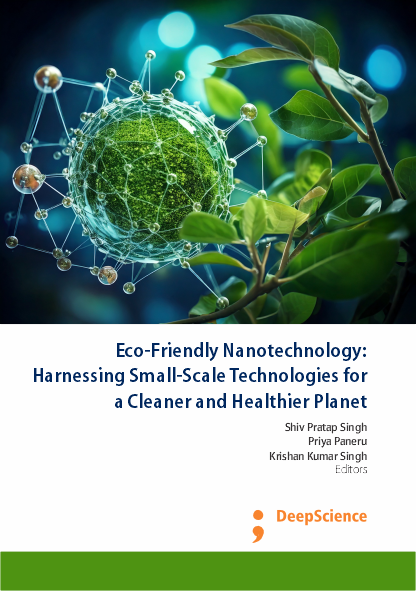Integration of genetic engineering and nanoscale technologies for innovative phytobiological modulation
Synopsis
From ancient times to today, humans have rapidly advanced technology to improve their lifestyles. However, food demand has become a major challenge due to limited agricultural land and a growing population. To address this, advancements in genetic engineering and nanotechnology have emerged. Genetic engineering modifies genes using techniques like CRISPR-Cas9 to develop stress-resistant crops, enhancing production. At the nanoscale, nanotechnology plays an important role in plant biotechnology by remediating gene delivery, biocompatibility, and plant regeneration. While widely applied in microbial and material sciences, its use in plants is still developing. Combining genetic engineering and nanotechnology can revolutionize agriculture, improving crop systems and production. More research is needed on nanomaterials, their interaction with genes, their efficiency, and their potential risks. Advancing these technologies will help combat global hunger and ensure food security by enhancing agricultural sustainability and efficiency.
Keywords: Genetic engineering, food, genes, improvement, nanotechnology, plant production.













